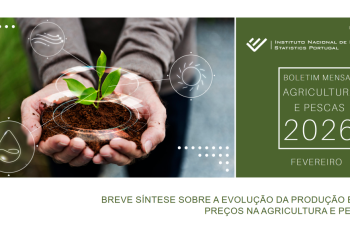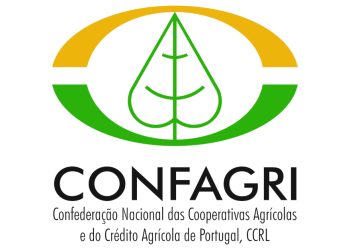Meeting the future demand for food will largely depend on the ability of the farming sector to increase its production by improving its productivity. Essentially, an improvement in agricultural productivity means that less input is needed to produce the same amount (or more) of output. In other words, this means that farmers are faced with the challenge to produce ‘more with less’.
In the beginning of December 2016, the European Commission published a briefing on this issue under the name ‘Productivity in EU Agriculture – slowly but steadily growing’, which was presented at the EU Agricultural Outlook Conference on 6 and 7 December. This report analyses agricultural productivity levels in the European Union by measuring Total Factor Productivity (TFP), a comprehensive indicator representing the ratio of agricultural output (production) to their input (such as land, labour and capital).
The main conclusion of the report is that agricultural productivity in the EU has increased over time, but has slowed down in recent years: while annual TFP growth exceeded 1% between 1995 and 2005, it only reached 0.8% between 2005 and 2015.
This productivity growth is mainly the result of developments within the EU-13 countries, which experienced an annual TFP growth of 1.6% over the last decade. However, the share of these ‘new’ Member States in overall EU agricultural production is much more limited than for the traditional Member States. Since there are also no data available on the TFP growth in the EU-13 prior to 2005, it is only possible to make an accurate assessment of the evolution of agricultural productivity in the EU-15.
These ‘old’ Member States have experienced a sharp drop in annual TFP growth, from 1.3% in the period 1995-2005 to 0.6% between 2005 and 2015, which means that productivity in the main European producing countries is on the brink of stagnation. Some of these Member States, most notably Germany, have even experienced negative TFP growth numbers in recent years.
In the report, the Commission explains that the modest TFP growth in EU agriculture is the result of ‘labour productivity growth’, since ‘output growth has been achieved in a context of a shrinking workforce’. Agricultural production has only increased very slightly while the number of farmers has reduced sharply.
Indeed, in the EU as a whole, agricultural output has increased with around 6% per year between 2005 and 2015, while the number of farmers declined with 25% and capital use stagnated after an initial increase of 4% per year before the economic crisis. Within the EU-13, the number of farmers dropped by 33% and capital use increased by 10%, with output rising by 7.1%. Meanwhile, the EU-15 countries achieved an annual production growth of 5.1% while experiencing a drop in farm employment of more than 20% and achieving only a very limited increase in their capital stock levels.
The analysis of the long-term productivity growth of the various inputs confirms these findings: the report shows that labour productivity has increased significantly, while the productivity of intermediate consumption has stagnated and the productivity of capital has evolved negatively. Capital productivity is now actually lower than in 2002, as a steady decline until 2009 was only followed by a partial recovery.
To sum up, the modest TFP growth in the last decade has been mainly driven by ‘labour productivity’ – a harsh reduction in the number of farmers and farm labour – at the expense of capital, whose productivity has even decreased. In modern economies, it is less to say that productivity of capital and productivity of intermediate consumption are obvious index of the health of an economic sector and of its ability to develop.
In practice, there has been in the European Union a standstill in agricultural investments while farmers continue to be leave their lands, having in mind that in some European areas this figures reflect to some extend that part of the labour force was underemployed: the general bearish economy inducing a non optimal use of labour force between sectors and thus a maintenance of people counted as full time on farms not requiring fully these full time jobs.
The current situation is inherently unsustainable: it is very unlikely that the necessary productivity gains – which are estimated at 1.8% per year by the FAO – can be achieved without improving the farm infrastructure and technologies. Given that real long term productivity growth is determined by the level of private and public expenditure on research and innovation, renewed investments in the agricultural sector will be crucial to meet the growing global food demand in the future.
A further stagnation in the amount of investments would also amplify the risk that the EU will increasingly lag behind its main global competitors. With a TFP growth of only 0.8% in the last decade, the EU performed far worse than the other main producers – developed countries such as the United States (1.76%), Canada (1.26%) and Australia (2.1%), as well as the major developing countries Brazil (2,96%) and China (3,32%). Among others, Smart Farming Technologies have a huge potential to tackle these challenges and represent major opportunities to increase the productivity and competitiveness of EU agriculture on the world stage.





















































Discussão sobre este post